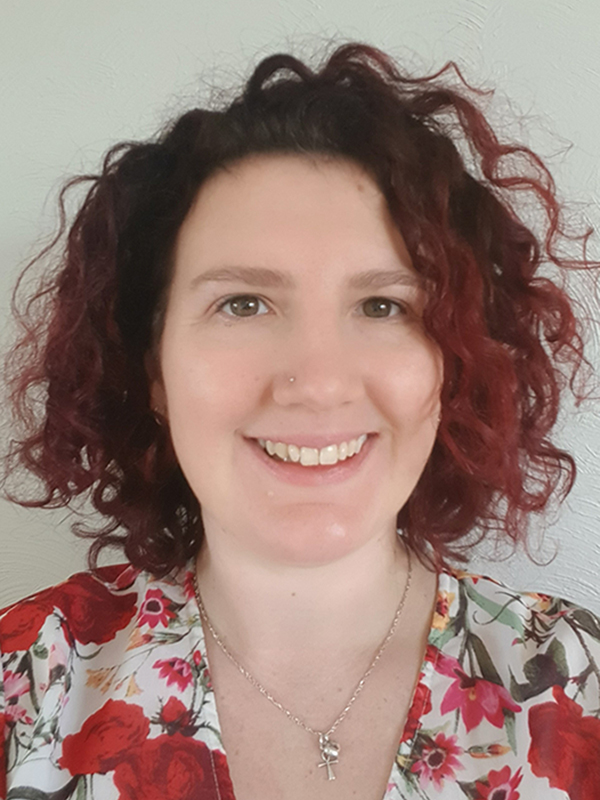
Watch Dr Jessica Fletcher accept the research grant award and hear a bit about the project.
Multiple Sclerosis (MS) is a complex disease, involving the immune system and brain, with no clear cause and no known cure. Numerous factors, including a person’s environment, lifestyle and genetics, influence whether they will develop MS. However, many genetic risk factors identified have no clear biological role in MS. Our team has studied a family with an unusually high incidence of MS within first-degree relatives, meaning that the genetic factors outweigh the environmental and lifestyle risks that contribute to developing MS. Using this approach, we have identified a variant in a gene called NLRX1, only found in the family members with MS, and not in any of the unaffected relatives.
We will characterize in detail the molecular and cellular consequences of the NLRX1 variant using human cells from the family members with MS, that we can transform into different kind of brain cells. These stem cell lines are produced by reprogramming blood cells from people with MS. Usually, in this approach, as we convert blood cells to stem cells and then to brain cells, we may “wipe the slate clean,” erasing the impact of the environment and lifestyle factors, and so fail to model MS. By generating stem cells from families with an unusually high incidence of MS, where the familial genetics are the primary driver of disease, we have a very real opportunity to generate the first ever in vitro model of MS that can be used to learn the cellular pathways that are responsible for disease initiation and progression. We will use this tool to identify the biological role of the NLRX1 variant in the underlying cause of MS, and the earliest contribution of brain cells to propagating MS pathology. We expect the outcomes from this study will result in the identification of a pathway that can be targeted for therapeutic intervention that will feed into our fundamental research to clinical trial pipeline (as per TAURUS clinical trial; ACTRN12619001196134).



 The Brain Foundation is the largest, independent funder of brain and spinal injury research in Australia. We believe research is the pathway to recovery.
The Brain Foundation is the largest, independent funder of brain and spinal injury research in Australia. We believe research is the pathway to recovery.